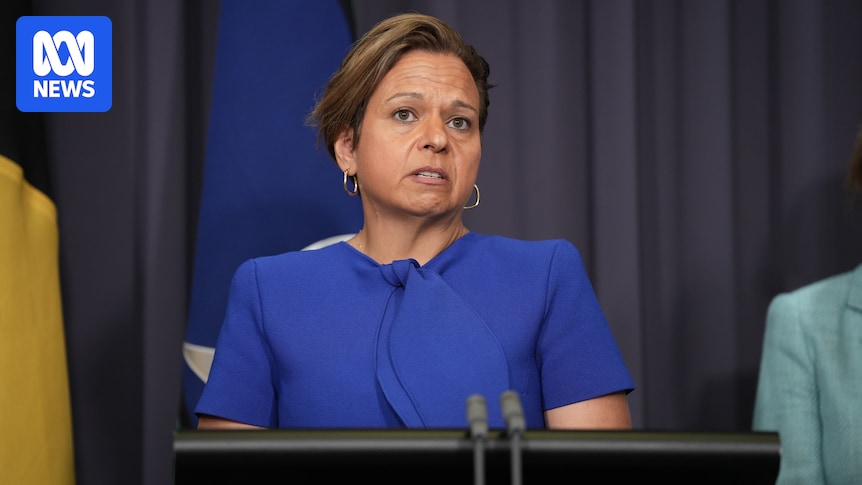
Labor has decisively ruled out amending copyright laws to allow tech giants unrestricted access to train artificial intelligence models using creative works. This decision follows significant backlash from artists and creators across Australia.
The government’s copyright and AI reference group is set to convene early this week to assess whether existing laws require updates. However, Attorney-General Michelle Rowland has emphasized that any legislative changes will not include exemptions permitting developers to utilize Australian works for AI training.
Calls for such an exemption have emerged from segments of the tech industry and were suggested by the Productivity Commission in their interim report on leveraging data and digital technology. The report projected that AI could contribute a substantial $116 billion to the Australian economy over the next decade.
Creative Sector Pushback
The proposal was swiftly condemned by the creative community, which argued it would enable tech companies to exploit copyrighted works without consent, thereby depriving artists of crucial income. In the wake of the report, Treasurer Jim Chalmers and Industry and Science Minister Tim Ayres stated the government had “no plans” to introduce such an exemption, though they initially refrained from an outright dismissal.
Now, the government has firmly committed to preserving copyright protections in the realm of artificial intelligence. “This government has repeatedly said that there are no plans to weaken copyright protections when it comes to AI,” Ms. Rowland declared on Sunday. “The tech industry and the creative sector must now come together and find sensible and workable solutions to support innovation while ensuring creators are compensated.”
Industry and Expert Reactions
James Dickinson, CEO of Screenrights, which provides licensing services for film, television, and radio, welcomed the government’s clear stance. He noted the necessity of a “clear signal for the tech sector that this is the end of the road” to initiate negotiations over licensing agreements.
Annabelle Herd, CEO of ARIA, expressed relief at the government’s decision, highlighting the ongoing global issue of companies using copyrighted works without permission or payment to train extensive AI systems. “We know that around the world, major companies have been using copyrighted works without permission, without payment, to train massive AI systems … and they’re retroactively seeking permission to do that,” she said.
The Debate Over Text and Data Mining Exemptions
The topic of a text and data mining (TDM) exemption gained attention in July when Atlassian co-founder Scott Farquhar urged the attorney-general to consider it during a National Press Club address. “We are in a perverse situation where copyright holders aren’t seeing any more money, but we also don’t see the economic upside of training and hosting models in Australia,” he argued. “Fixing this one thing could unlock billions of dollars of foreign investment into Australia.”
The following month, the Productivity Commission questioned the necessity of such an exemption, acknowledging its existence in other comparable countries and indicating they would seek feedback on potential impacts. “It should also be noted that a TDM exception would not be a ‘blank cheque’ for all copyrighted materials to be used as inputs into all AI models,” the report stated. “The use must also be considered ‘fair’ in the circumstances — this requirement would act as a check on copyrighted works being used unfairly, preserving the integrity of the copyright holder’s legal and commercial interests in the work.”
Political and Economic Implications
Opposition Leader Sussan Ley criticized the government’s initial indecisiveness, stating, “It is not appropriate for big tech to steal the work of Australian artists, musicians, creators, news media, journalism, and use it for their own ends without paying for it. We have to protect content creators, and I don’t see that.”
The government’s decision to uphold strong copyright protections reflects a broader commitment to balancing innovation with the rights and livelihoods of creators. As the tech industry and creative sectors are urged to collaborate on fair solutions, the focus now shifts to how these stakeholders will negotiate and implement licensing arrangements that support both technological advancement and artistic integrity.
Looking ahead, the resolution of this issue will likely set a precedent for how other nations address the intersection of copyright law and artificial intelligence, impacting global discussions on digital rights and economic growth.





